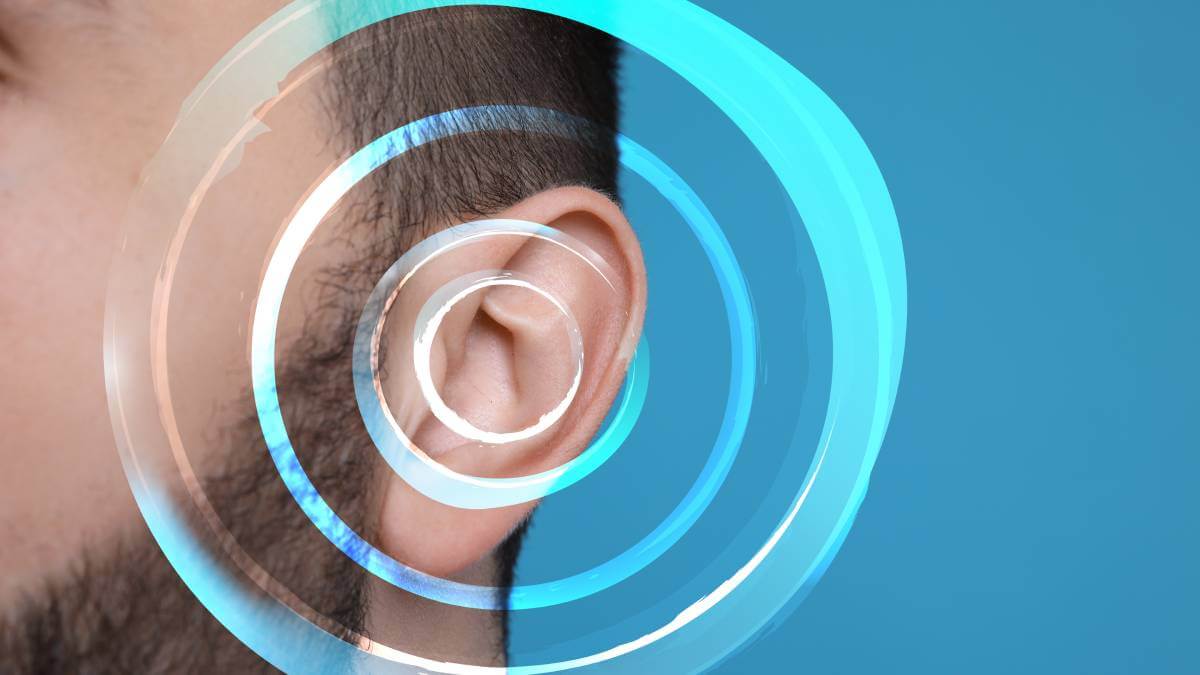All those older Australians who are resisting hearing aids take note, it may be affecting your cognitive ability.
And not by a little bit. A study by John Hopkins University School of Medicine found getting hearing aids early could cut your risk of cognitive decline by almost half.
“As everyone lives longer, the number of people with dementia over time is going up,” co-principal investigator of the study Dr Frank Lin told CNN.
Research has found that hearing loss is one of the biggest factors for developing dementia, but it wasn’t clear if intervention with hearing aids would reduce the risk, he added.
The study involved 3000 participants. Part of the cohort comprised healthy volunteers, and the rest was made up of older adults in another study investigating atherosclerosis (hardening of the arteries).
Cognitive ability
Participants from the atherosclerosis group were older, had more risk factors for cognitive decline and lower baseline cognitive scores than the volunteers.
The total cohort was randomly assigned either counselling in chronic disease prevention or treatment from an audiologist and hearing aids.
Researchers followed up with participants every six months for three years and tested their cognitive ability at the conclusion.
When the older participants’ results were examined the results were startling.
In the older and unhealthy individuals in the atherosclerosis study, fitting hearing aids slowed down the rate of cognitive decline by 48 per cent.
The study authors have put forward three possible reasons to explain the results.
Prof. Lin says that over time the cochlea wears out and the inner ear may be sending a ‘garbled’ message to the brain, which then must work harder to understand what it’s hearing.
“That’s why people always say it sounds like people are mumbling at me,” he says.
Another proposal was that hearing loss may have structural effects on the brain’s integrity and that’s not good for the brain.
Stay social
The third theory is that if you can’t hear very well, you may be less likely to participate in social life.
“We’ve long known that … staying really engaged in commonly social activities is very important for maintaining our cognitive health as well,” Prof. Lin says.
The study concluded that addressing hearing loss would be an important public health goal to help dementia prevention efforts.
The study authors urged anyone with any doubts about their hearing health to get it checked out as soon as possible.
Australian government figures estimate about 3.6 million Australians have some level of hearing loss and more than 1.3 million people live with a hearing condition that could have been prevented.
It estimates the number of people with hearing loss will be 7.8 million by 2060.
Do you have hearing aids? Did they change your quality of life? Why not share your experience in the comments section below?
Note: We recommend Hearing Aid Finder for a free hearing check and, while this article is not sponsored, we may be paid a small fee if you do book a free hearing test.
Also read: New Alzheimer’s drug can drastically slow disease progression

